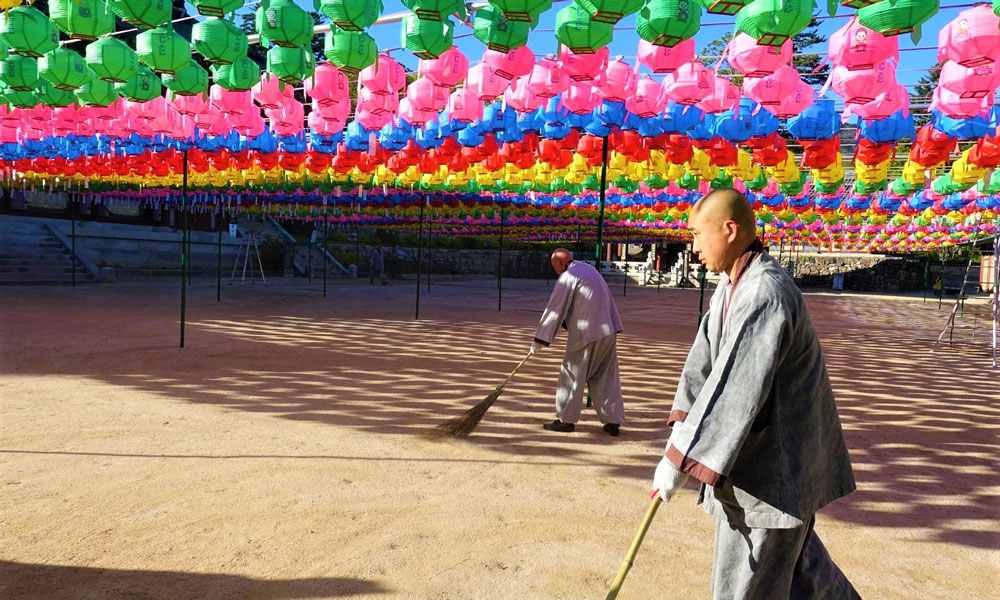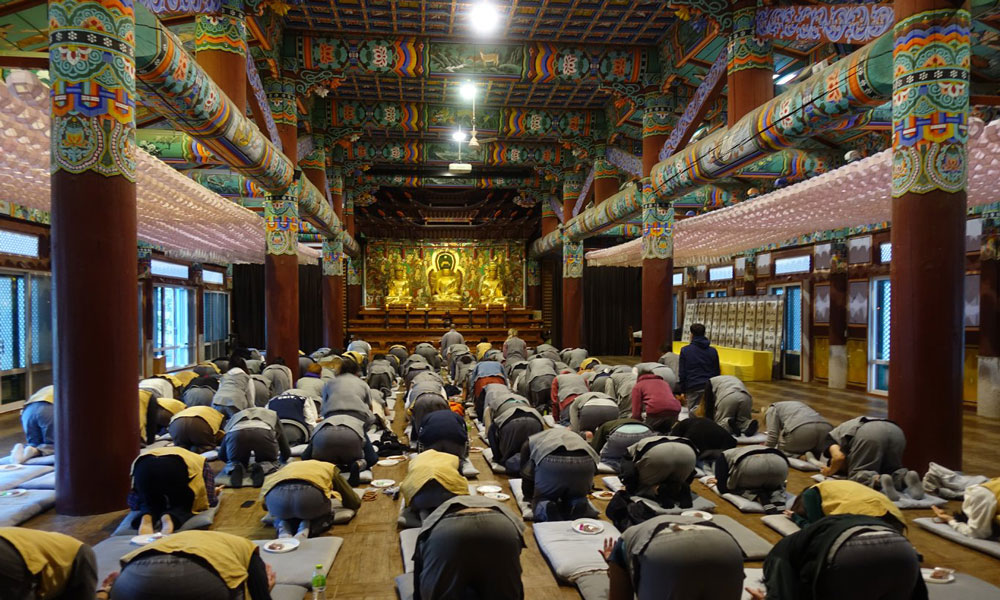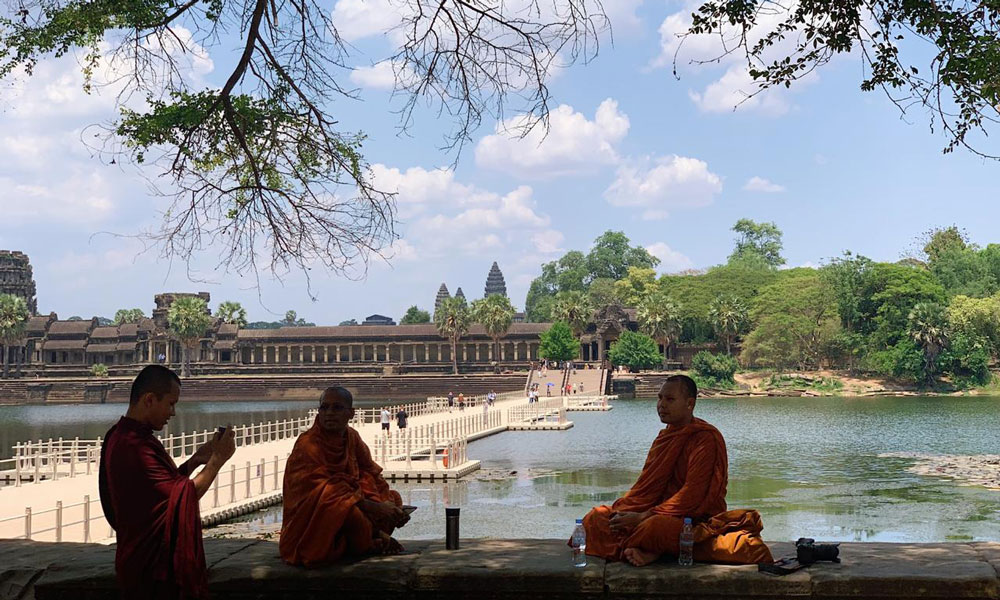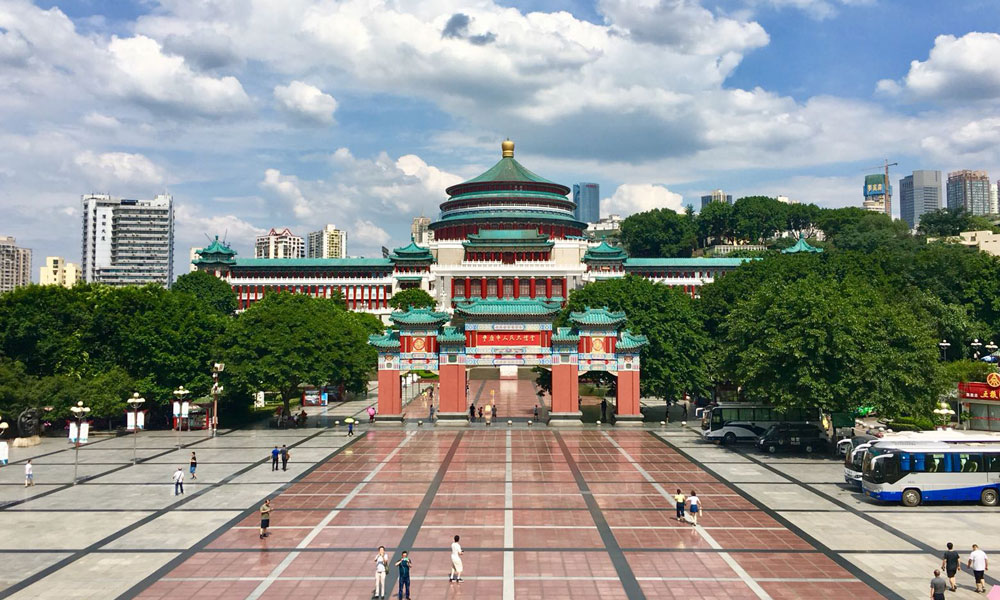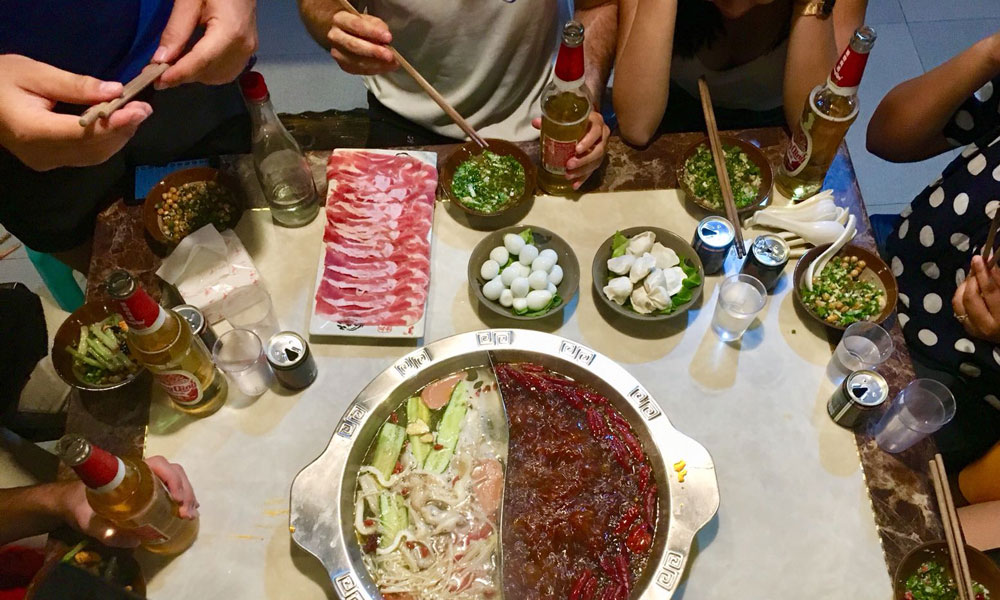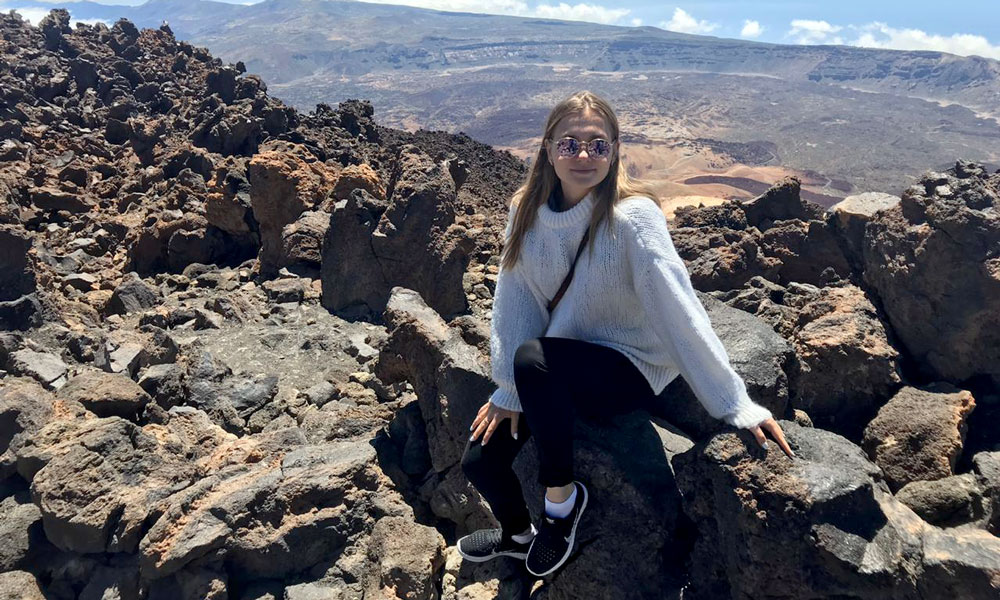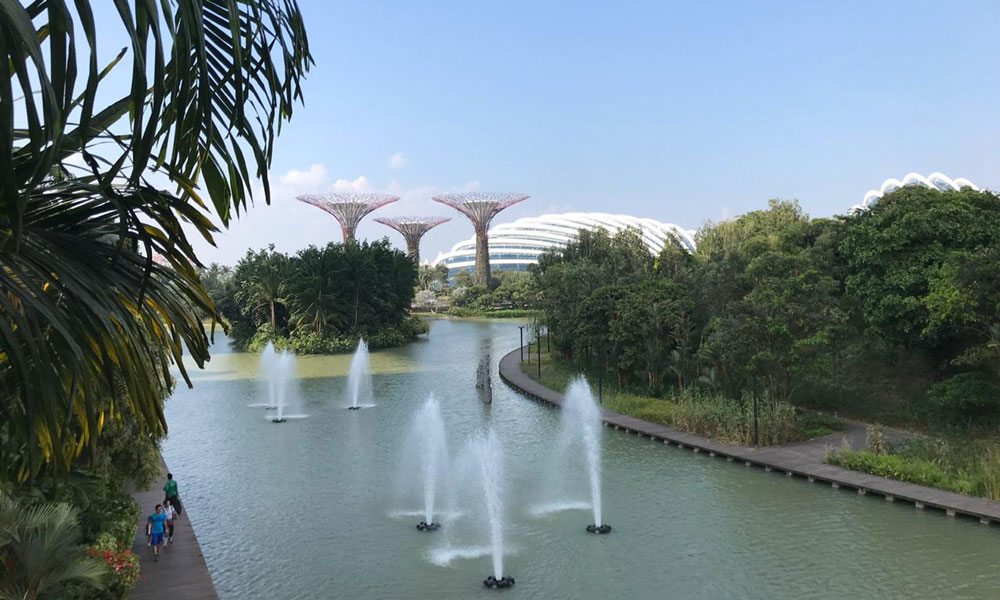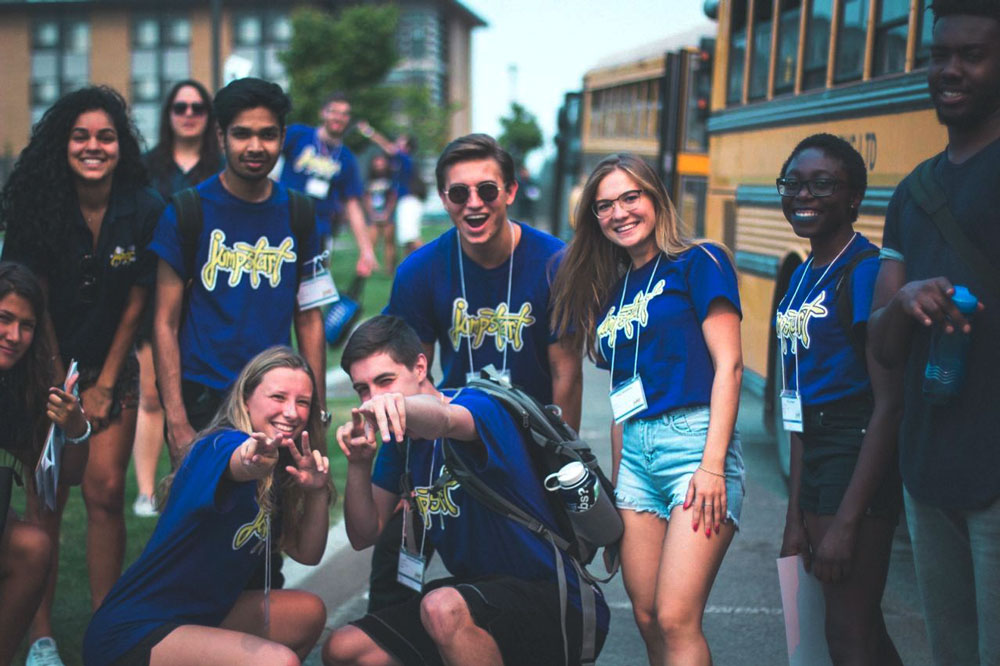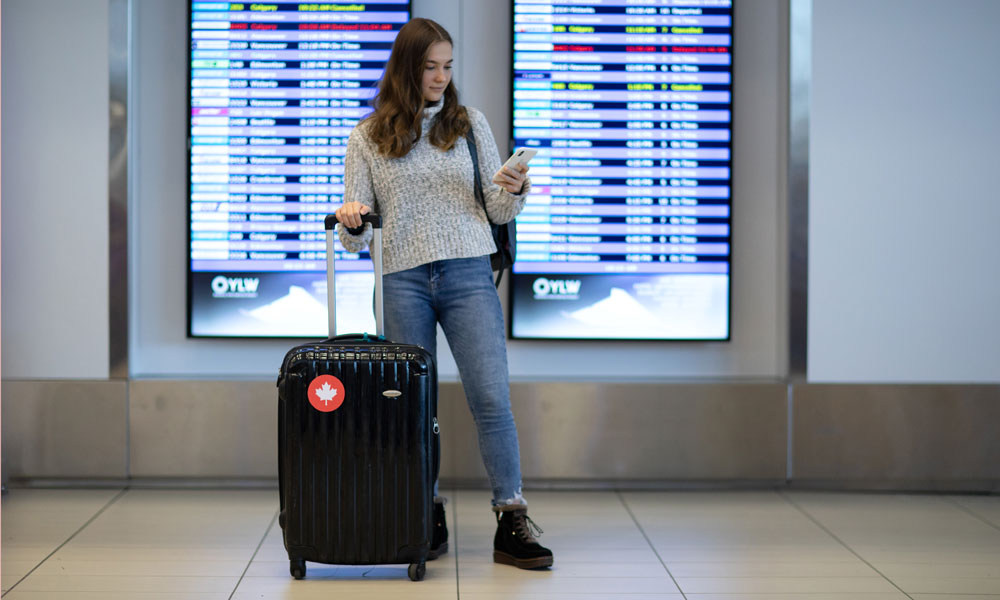
“A GLOBAL UNIVERSITY WITH A GLOBAL POPULATION.”
That’s how Dr. Dana Lowton likes to think of UBC Okanagan. As manager of UBCO’s Go Global program, she has a bird’s eye view of how students benefit from international study. The Go Global office is responsible for connecting UBC’s some 200 global university partners with graduate and undergraduate students interested in academic exchanges, global seminars and research abroad programs. She also oversees exchange programs that enable international students to spend one or two terms at UBC.
While COVID-19 has temporarily paused most international travel, Dr. Lowton and UBC remain committed to attracting, engaging and retaining a diverse global community of outstanding students.
“International experience matters,” Dr. Lowton says emphatically. “Students who live and study abroad return with strong critical thinking skills. Having to thrive on a day-to-day basis without knowing the language or culture forces students to challenge their own assumptions, take initiative and approach problems differently. When they return to Canada, they’re not only more employable, but they’re also better global citizens.”
“International students bring different perspectives to classroom discussions, enriching the academic experience for everyone.”
Dr. Lowton’s colleague Dr. Philipp Reichert agrees. “International students bring different perspectives to classroom discussions, enriching the academic experience for everyone,” he explains. As manager of UBCO’s International Programs & Services, Dr. Reichert supports more than 2,400 international students from over 100 countries currently studying and conducting research on the Okanagan campus.
“We find that many international students are really engaged in the community and end up staying and working in Canada. In fact, for the past eight years, many international students have played key roles in the UBC Okanagan Students’ Union, including the role of president.”
Part of UBCO’s success in attracting international students lies in its unique programs. From hands-on workshops about cross-cultural communication skills to the Intercultural Career Development program that teaches students about the Canadian workplace, Dr. Reichert says such programs are important to supporting a student’s transition to Canadian life.
In addition, Go Global and the International Programs & Services office recently joined forces on a Visiting International Research Student program, where international students enrolled anywhere in the world are eligible to conduct research at UBCO full-time under the supervision of a UBCO faculty member.
“This program has been really successful,” says Dr. Reichert. “Our faculty are internationally known and connected, and this program allows them to develop strong international research partnerships while providing life-changing experiences for students.”
A learning adventure in Korea
When Thish Rajapakshe first applied for an international exchange through Go Global, she saw it as an adventure—a way to travel while also challenging herself academically. But after returning from a year-long exchange at Seoul National University in South Korea, she realized the experience was life-changing.
Born and raised in Kelowna, Rajapakshe began her university studies immediately after graduating from high school. By her third year of studies, though, she was ready to do some travelling and looked to her older brother for inspiration.
“He studied in Singapore through the Go Global program, and I was eager to follow in his footsteps and explore Asia.”
But, rather than choose a ‘safe’ English destination, Rajapakshe decided she wanted to experience a truly international exchange.
“I chose Korea because I didn’t speak the language and wanted to completely immerse myself,” she says. “I was lucky to be accepted to Seoul National University because it’s one of the top three universities in the country. But, it also had the fewest number of English course offerings! I was excited to just throw myself in and see how it went.”
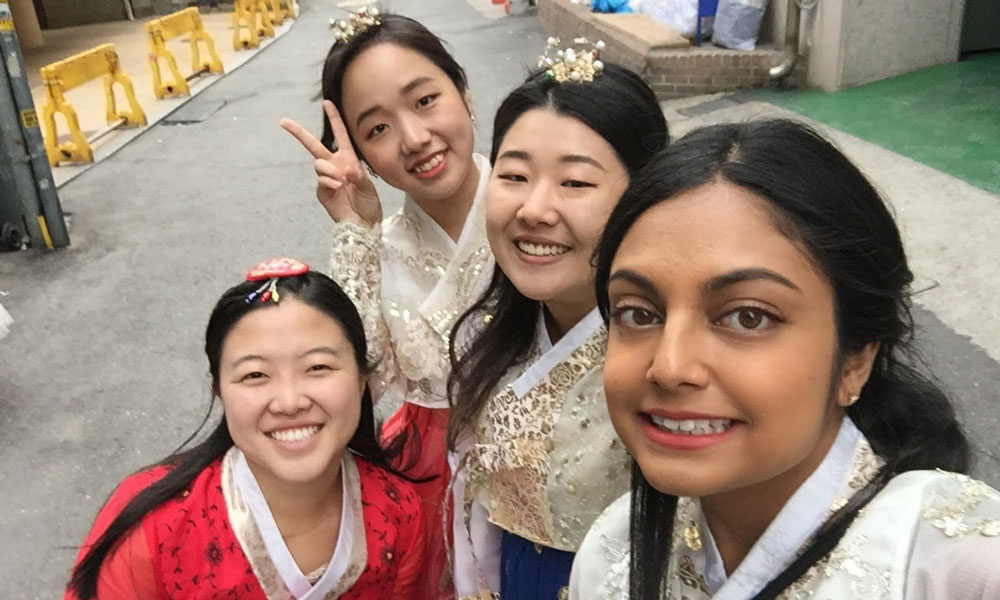
Thish Rajapakshe, right, with classmates at Gyeongbokgung Palace in Seoul, Korea.
With few English courses to choose from, Rajapakshe took electives in new areas of study and unexpectedly discovered a newfound interest in philosophy. When she returned to UBCO in her fourth year as a biochemistry major, Rajapakshe decided to add philosophy as a second major. She is now interested in further pursuing applied ethics in healthcare settings and epidemiology.
“Studying abroad gave me the opportunity to expand the breadth of my studies and made me realize how much I enjoyed philosophy and how much it influences the way we deliver health services in society,” she says.
Her international experience also changed her in ways beyond just her career goals. “I learned a lot about basic life skills and communication,” Rajapakshe explains.
“When I first arrived, I was overwhelmed! It took me two weeks to figure out how to ask for a banana,” she says, laughing. “But eventually I adapted and became familiar with new and interesting cultural practices.”
“One of the most valuable things I learned was how to react to culturally-sensitive issues in an appropriate manner,” Rajapakshe says. She observed that South Korea still has issues with racism and sexism, and discovered she had to learn how to establish boundaries while respecting the culture.
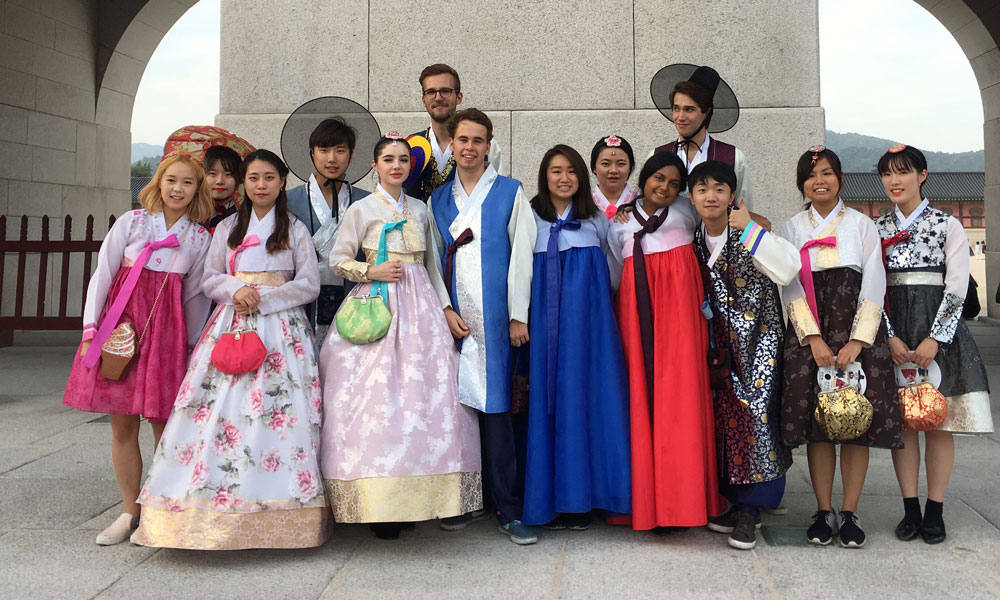
Rajapakshe alongside classmates and fellow international students at Gyeongbokgung Palace in Seoul, Korea, wearing traditional hanbok.
A new country every year
When looking back on her UBCO experience so far, Tatyana Davydenko smiles. The International Relations student has maximized the value of the Go Global program by studying in a different country every year.
“I had a personal mission to take the courses required for my degree in the countries where they were the most relevant,” explains Davydenko, who was born and raised in Kazakhstan and later moved to the United Arab Emirates in middle school. “This immersive experience would help me to understand international cultures and people at a deeper level.”
After learning of the Go Global program through word of mouth on campus, Davydenko jumped right in and took advantage of study abroad opportunities. In summer 2017, she travelled to the University of Santiago de Compostela in Spain and enrolled in Spanish courses. The following year she visited Southwest University of Political Science and Law in Chongquing, China, with a group of UBC students and professors for a Go Global seminar, after which she travelled to Beijing to study economics.
“Taking economics courses in China was really valuable,” Davydenko explains. “China’s economic growth in the past 40 years has been very impressive, so it was really eye-opening to see how the economic concepts we were learning were applied right there.”
Davydenko followed up her studies in China with a year-long exchange at the National University of Singapore, where she explored the history of Southeast Asia and learned about migration patterns in the region.
“I learned from the best professors in Southeast Asia and was exposed to creative teaching methods that allowed me to compare imperial history to the modern culture I was living in,” she says. “I was always encouraged to expand my learning and personal development through hands-on exposure to traditional, local cooking, painting and videos.”
When Davydenko graduates, she plans to gain some work experience and then hopes to attend graduate school in the United Kingdom. Her travels have left her with an open mind, although her immediate interests lie at the intersection of sustainability and data science.
LEARN MORE ABOUT
A new approach to learning and life
Adapting to a new culture and way of learning are often major challenges for students who study internationally, as is connecting with new people and making friends.
“I was nervous coming to a new environment,” explains Lisvet Parra, who came to UBC Okanagan from the Dominican Republic for a unique interdisciplinary program: Philosophy, Politics and Economics.
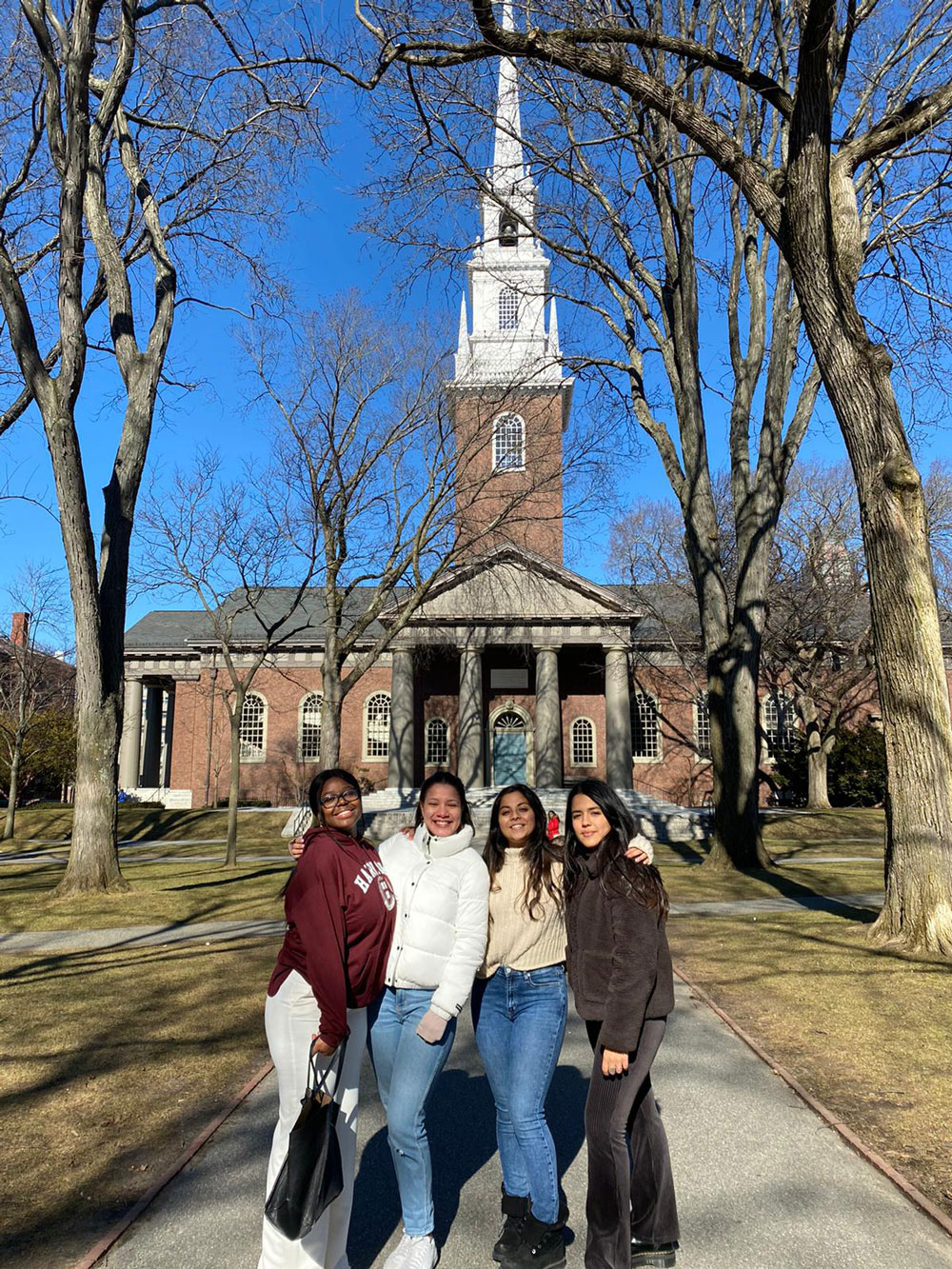
Lisvet (second from left) and classmates at Harvard University.
“But Jump Start [UBC’s multi-day orientation program] made me feel welcome immediately!
“The Jump Start members were waiting for me in the airport wearing purple shirts. They made me feel so welcome and comfortable. The people that I met then are still my friends today,” she recalls.
Having the opportunity to connect and make friends so early in her university experience inspired Parra to want to give back to the UBCO community.
“I felt the love of those people and how welcoming they were, and I wanted to make others feel the same way, so I volunteered as an orientation leader in my third year,” she says. Parra’s academic achievements, along with her involvement in student affairs and community services, even netted her UBC’s prestigious Karen McKellin International Leader of Tomorrow Award.
But transitioning to Canadian life also had its challenges for Parra. “The food is different, and so is the culture and music. Canadian people are very calm compared to people in the Dominican Republic. I really had to tone it down for a while,” she laughs.
For Shao Yuan Chong, who was born and raised in Singapore, education and studying have taken on a whole new meaning.
“It’s more learning oriented here than it is in Singapore,” explains Chong, who came to UBC Okanagan in his first year to study history and psychology. “At UBCO, they ask how they can help you learn something and emphasize taking care of your mental health. I really appreciate that.”
He adds that with UBCO’s smaller class sizes, there are more opportunities to connect with professors.
“I find that if you show initiative, faculty members will go out of their way to help you find opportunities.”
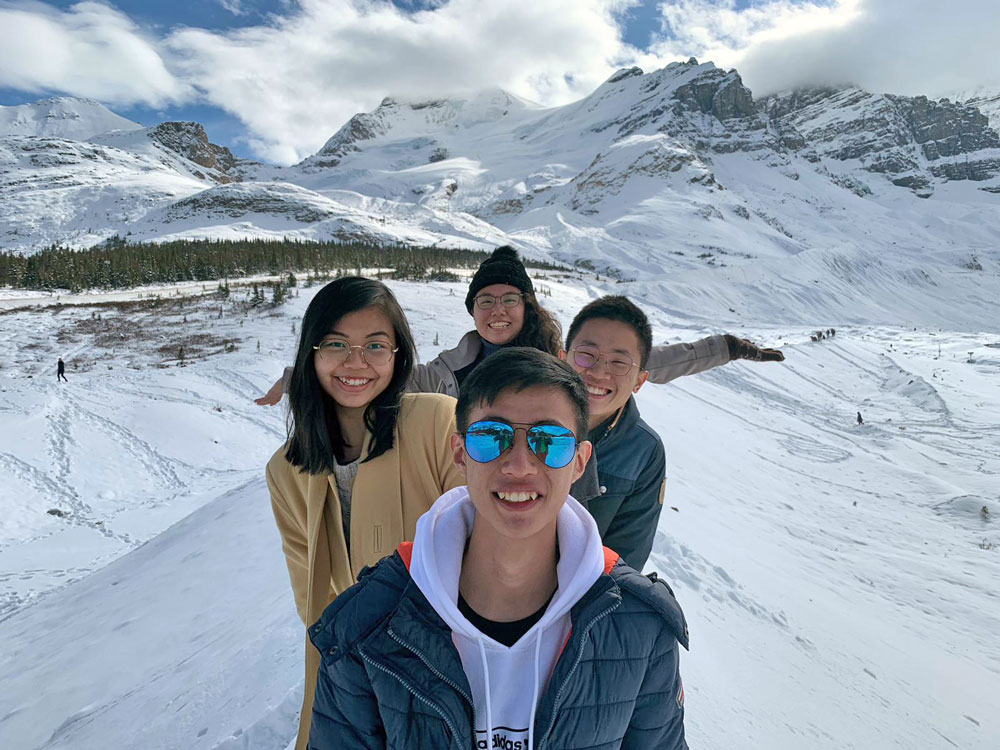
Chong is referring to the Mitacs Globalink Research Award he received, which allowed him to work as a Visiting Researcher at the University of Melbourne between May and August 2019. There, Chong supported an associate professor’s research on “Media Representation of Religious Fraudulent Sex in Taiwan.”
Once Chong graduates, he hopes to attend graduate school in North America: “The psychology programs in Canada are really advanced. I’m interested in applied research work in the area of clinical, cultural and forensic psychology.”
As for Parra, she plans to return to the Dominican Republic where she can apply her learnings toward helping her country through its socio-economic challenges.
Studying at UBCO has been a great experience, she said. “I know how hard it is to leave your home, but if you have the opportunity to travel abroad, you should go for it.”
